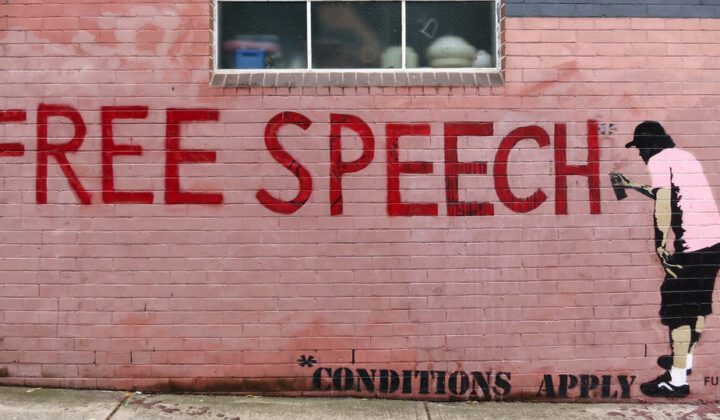A few days ago, John Oliver devoted a full 20 minutes of his HBO show to discuss voting rights, or more specifically, the challenge to voting rights posed by new restrictions in Republican-led states. If you’re listening to any Democratic politician, tuning into any centrist or left-leaning news channel, or even just keeping up with the news, chances are this won’t be anything new for you.
Many of these concerns are legitimate, but they’re also taking attention away from the bigger story. Far more dangerous election laws are being passed in those same states that have nothing to do with voting access. Instead, these states are making it possible for election results to be overturned by politicized election boards, state-appointed judges, and attorney generals. The laws, dubbed “election subversion” rather than “voter suppression,” would turn election day into only the first contest. The final, and maybe more important one, would take place in courtrooms and state legislatures in the long interim between the election and inauguration day.
Where are these electoral subversion laws?
According to a report on the politicization of elections, “at least 148 bills filed in 36 states are moving to muscle their way into election administration” by April of this year. In Arkansas, a new law allows for the State Board of Election Commissioners to reject the certification of the vote if they find evidence of voter fraud. In Michigan, Republicans replaced the official who certified the election results over their objections. And in Kansas, new legislation with very ambiguous language seems to suggest that the Secretary of State cannot abide by court decisions and federal law regarding elections without the state legislature’s approval.
Notably, in Georgia, the Chair of the State Election Board is now elected by the General Assembly and has the power to replace local election officials at will. This follows the high-profile war over Secretary of State Brad Raffensperger’s unwillingness to heed President Trump’s orders and “find 11,780 votes.” The Secretary of State’s authority was then diminished by new state law.
These changes will make it far easier to overturn an election result if another popular challenge like Trump’s arises, and such a challenge seems more likely by the day. As we head into midterm elections, the chorus of “election fraud” is only getting louder.
Why are these laws so dangerous?
Laws that make voting harder for some people put a finger on the scale, but they don’t prevent votes cast from being counted. Ease of voting and turnout are correlated, but not perfectly. Specific measures like early voting have dubious effects on voter turnout, so restricting them may or may not lead to significant electoral consequences.
Election subversion is nothing like that. Successfully orchestrated, it can turn any election result into a victory. Unsuccessfully orchestrated, it convinces people that our elections are unfair and our democracy is a sham. Writing on this subject, Rick Hasen, a law professor at the University of California, Irvine School of Law, noted in Politico that 57 percent of Republicans and 49 percent of Democrats believe that election officials are going to try to steal an upcoming election. These laws don’t protect election integrity, they turn democracy into a contest to see how much you can get away with.
Americans desperately need to protect our democracy. As Robert Kagan wrote in an important piece in the Washington Post last week, the Framers did not “foresee that members of Congress, and perhaps members of the judicial branch, too, would refuse to check the power of a president from their own party.” Simply put, the Constitution can’t save us, and when prominent figures from the center-right are raising the alarm, you can be sure this isn’t a partisan problem.
While the Democratic majority is squabbling over provisions to resist voter suppression in a sweeping voting rights bill, more attention needs to be paid to how votes are counted and how election results are certified. As the Eastman Memo shows us, you don’t have to win an election in order to win power. If political operatives are given enough authority, they can change the election result themselves.





